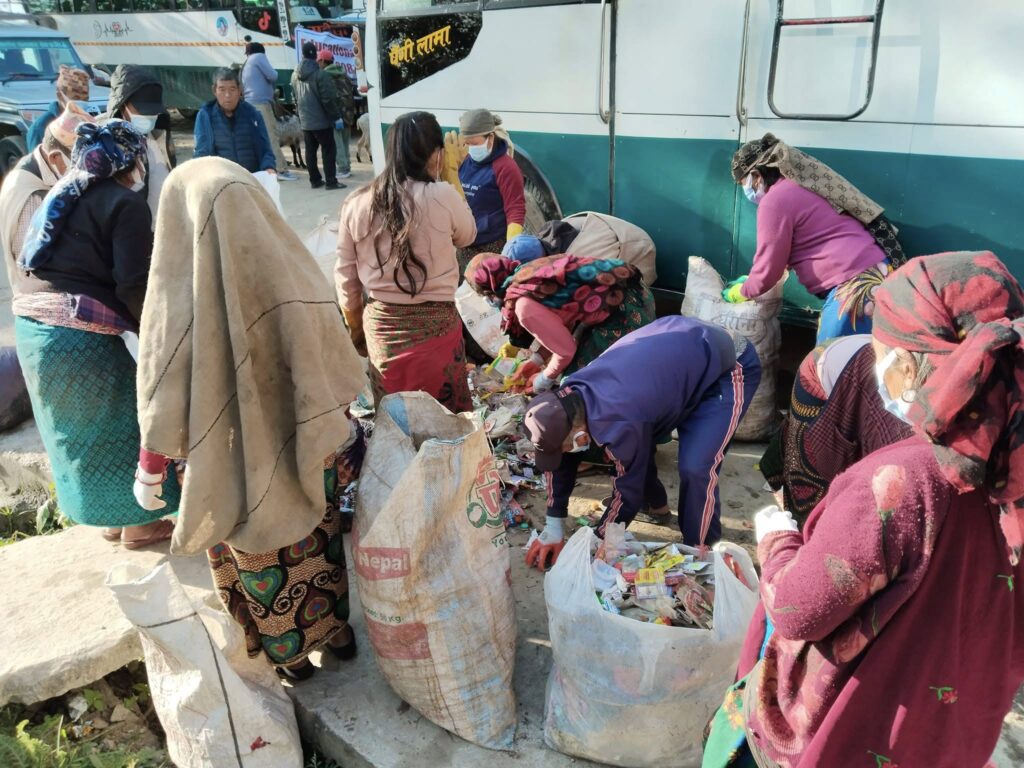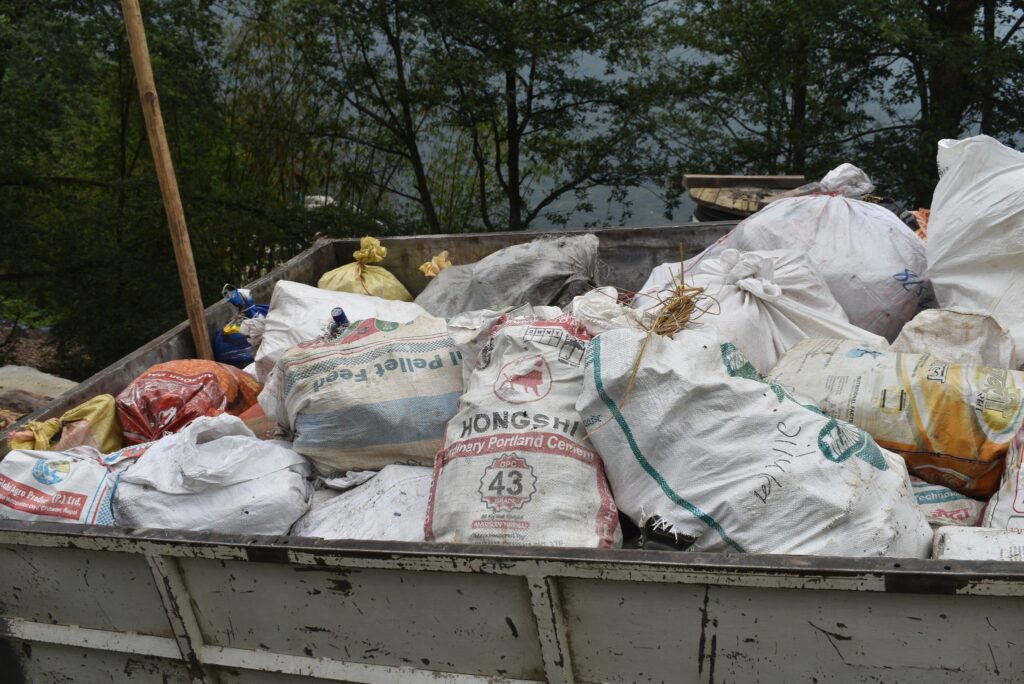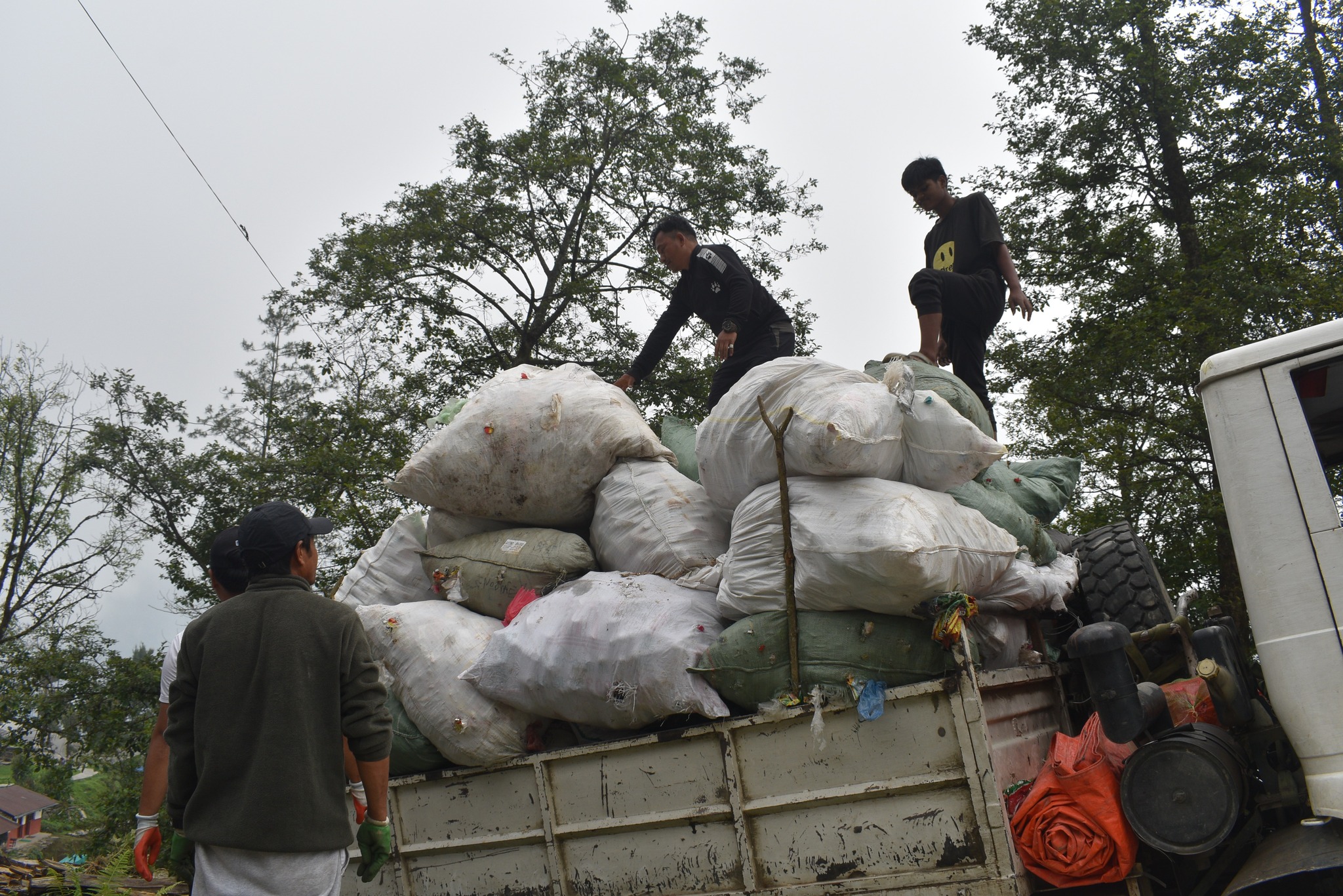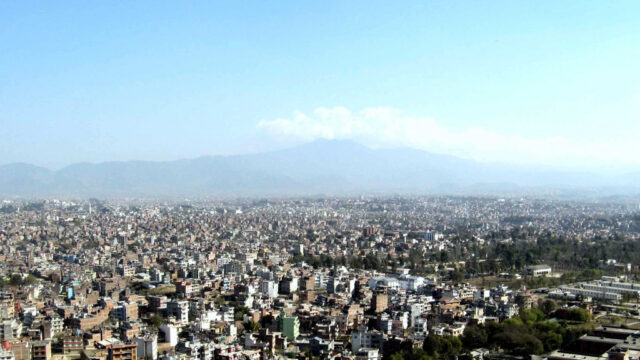In a significant environmental initiative, the Annapurna Conservation Area Project (ACAP), under the National Trust for Nature Conservation (NTNC), successfully managed approximately 25 tons of waste in the fiscal year 2081/82. This effort highlights the growing urgency to tackle pollution in Nepal’s most popular trekking and conservation region.
ACAP Manages Over 25 Tons of Waste
The waste management activities were carried out across several key locations within the Annapurna Conservation Area, which spans over 7,600 square kilometers and includes major trekking destinations such as Annapurna Base Camp, Ghorepani-Poon Hill, and Mustang. The collected waste included plastic bottles, food wrappers, tin cans, and other non-biodegradable materials frequently left behind by trekkers and local businesses.

According to ACAP officials, a large portion of the waste comprised single-use plastics, emphasizing the need for improved awareness and sustainable tourism practices. With increasing tourist footfall in the Annapurna region each year, the pressure on local ecosystems continues to grow.

The ongoing mission, ACAP, is also working closely with local municipalities, tourism entrepreneurs, and community-based organizations to promote waste segregation, recycling, and the use of eco-friendly alternatives. Educational campaigns and workshops have been organized to engage locals and visitors alike in sustainable practices.
The NTNC has urged trekkers, guides, hotels, and local vendors to support their campaign by minimizing plastic use, carrying reusable water bottles, and properly disposing of waste. The initiative aligns with Nepal’s broader national goals for environmental conservation and sustainable tourism. The success of this campaign serves as a reminder that preservation of Nepal’s natural heritage requires the cooperation of all stakeholders: government agencies, tourists, businesses, and the general public.





